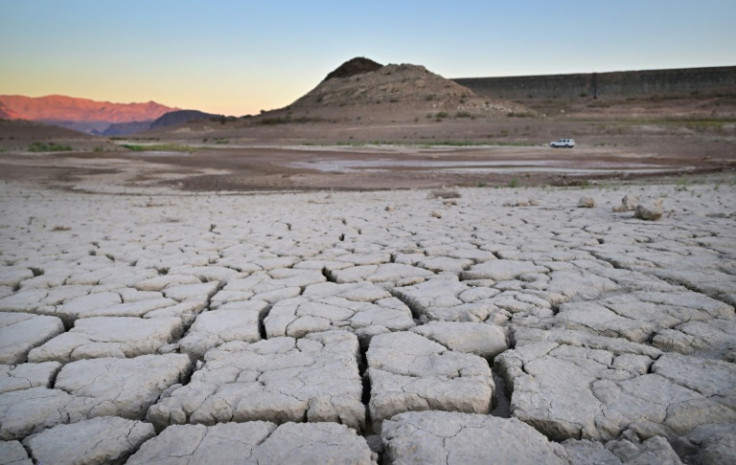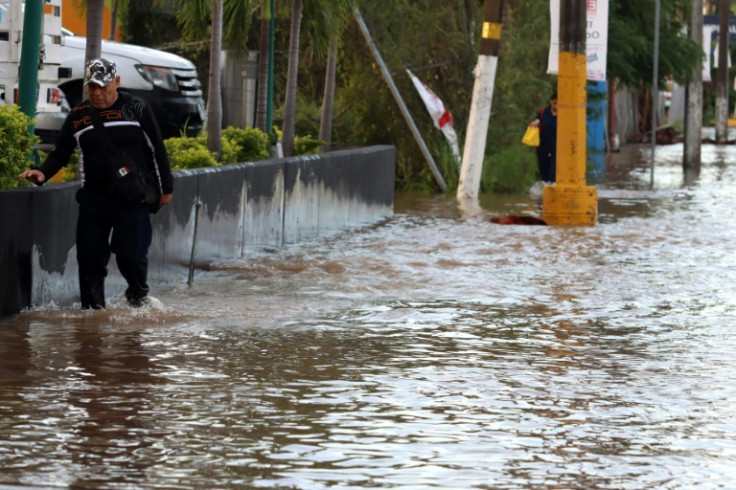
Latino voters in Mountain West states consider climate-related issues to be key at the time of deciding whether to support an elected official, a new poll by the Hispanic Access Foundation shows.
The poll surveyed the views of voters in Arizona, Colorado, Idaho, Montana, Nevada, New Mexico, Utah, and Wyoming. They were asked about issues regarding public lands, waters and climate change, and most of them showed concern over loss of habitats and declining fish and wildlife populations, inadequate and polluted water supplies, microplastics, uncontrollable wildfires, among others.
Overall, 78 percent of respondents said that the effects of climate change in their state over the past 10 years have been significant, with levels of concern reaching an all-time high in the poll's history.
The same amount of Latinos said that they'd want their congressional representatives to put more focus on protecting "clean water, air quality and wildlife habitats while providing opportunities to visit and recreate on public lands." In fact, 89 percent of respondents in the states surveyed said that issues involving "clean water, clean air, wildlife, and public lands are important in deciding whether to support an elected official."
The figure stands in contrast with the 19 percent who said they'd rather "ensure more domestic energy production by maximizing the public lands available for responsible oil and gas drilling and mining."
"Our health and well-being are strongly tied to the health of the environment. If we want to protect those dearest to us and ourselves, we need to protect the lands and wildlife that provide us with clean air and clean water. The Latino community recognizes this bond; it's part of the culture," said Maite Arce, CEO of the Hispanic Access Foundation.
The importance given to these issues by Latinos is not particularly surprising, considering they are disproportionately affected by climatic events. Another study by the Hispanic Access Foundation showed last year that members of the demographic face a higher risk of being impacted by floods.

About 25% of Latinos in the U.S. live in a county that has experienced a federal disaster declaration for flooding in 2023, compared to 10% of non-Latinos who have been through this situation. At a national level, 44% of Latinos live in counties with high flood risks, in contrast with 35% of non-Latinos.
Language barriers, inadequate housing, or local governments that lack the capacity to fully implement solutions are some of the factors credited to these vulnerabilities.
The likelihood of being impacted by natural disasters is not the only thing affecting Latinos, and people of color in general, it is also the increased chances of being displaced.
In 2023, 21.8% of Latinos never returned to their homes following a summer of storms and extreme weather, compared to 12.1% of white people. At the same time, Black people and Latinos as well as adults of other or multiple races and ethnicities were vastly more likely to experience food shortages, lack of water and unsanitary conditions, among other effects of displacement.
Latinos in the U.S. are also among those most impacted by the combined effect of extreme heat and wildfire smoke, which pose a greater risk to people than separate.
According to a study published in the journal Science Advances and reported by The Associated Press, climate change is increasing the frequency of both hazards, especially in the state of California. This has led to increased hospitalizations, with nonwhite communities being disproportionately impacted.
Climate change is set to create these conditions more often, as reports show that global temperatures will continue increasing unless drastic action is taken to reverse course. And Latinos in the U.S. are among the groups that, if present conditions continue, will bear a disproportionate impact.
In California, Latino residents live in areas that are 6.5°F hotter due to the lack of tree shade and green spaces in their neighborhoods. And at a national level, Latinos are 21% more likely to live in areas prone to heat waves compared to non-Hispanics.
© 2024 Latin Times. All rights reserved. Do not reproduce without permission.







